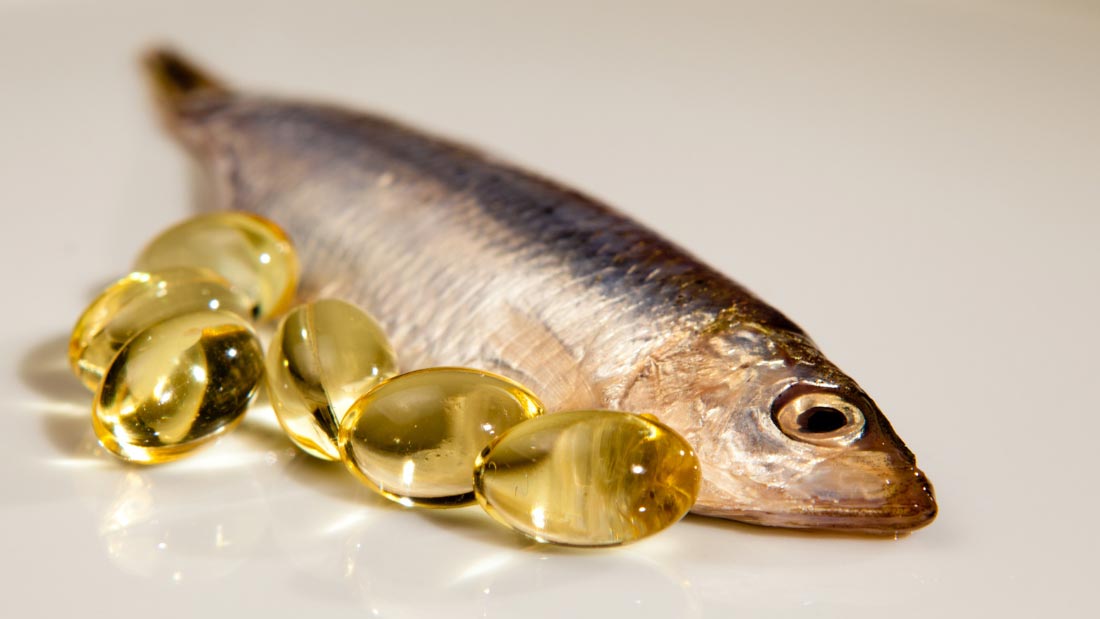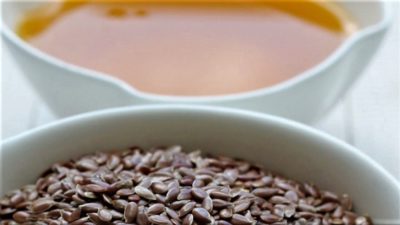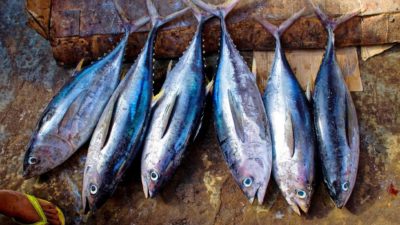Miley Cyrus think again!

“I was vegan for a very long time and I’ve had to introduce fish and omegas into my life because my brain wasn’t functioning properly” says 27-year-old singer Miley Cyrus. She has been given some bad advice…
We need omega-3s in our diet, these healthy polyunsaturated fats have an essential role in many processes in the body including brain function. However, you do not need to eat fish to get omega3s and doing so could do you more harm than good.
Omega-3 fats
The omega-3 fat ALA is found in many plants foods such as flaxseeds, rapeseeds, hempseeds, walnuts, soya and their oils. You can get all you need from just two tablespoons a day of ground flaxseed (ground seeds are best because whole seeds can just pass straight through you!) and a small handful of walnuts, or two teaspoons of flaxseed oil (use in sauces and dressings as heating destroys the beneficial properties).
ALA is converted in the body into the long-chain omega-3s EPA and DHA. If you want to take a belt and braces approach, take a vegan algal-based supplement containing EPA and DHA – fish get their omega-3s from algae.
Not a popular food
Fish is not a popular food in the UK, with the average adult consuming just over 50 grams of oily fish a week, falling far short of the 140g the government recommends. If eating fish affected brain function, vegetarians, vegans and everyone else avoiding it would be failing at school, university and work. They are not! In 2006, a team of vegetarians won the BBC’s Test the Nation IQ battle – the butchers came joint fourth – there was not a team of fishmongers!
The Durham-Oxford Study
The idea that fish oils boost brainpower is based on anecdotal stories rather than scientific evidence. Fish oils were promoted aggressively in the 1990s following the Durham-Oxford Study that found the performance of children with ADHD, dyslexia and dyspraxia was helped a bit by supplementing their diets with essential fats (fish oils). Most children in the UK eat such poor diets that nutritional deficiencies are inevitable. Correcting these will, in many cases, improve performance but this is not the same as saying that fish oil will turn kids into geniuses – which is how the media interpreted the findings and the idea has stuck. When the trial was rolled out to 2,000 children, fish oils had no effect – exam results did not improve.
Toxic shocker
Turning to fish in the hope of improving your sharpness may lead to far more serious health problems. All the world’s oceans and rivers are polluted with toxic chemicals; pollutants resulting from decades of increasing industrial activity. Oily fish such as salmon, trout and mackerel may be contaminated with polychlorinated biphenyls (PCBs) and dioxins, while shark, marlin and swordfish contain high levels of mercury. Long-term exposure to these toxins poses a significant threat to health, which is why the government warns you to avoid eating too much oily fish; girls, women who are planning a pregnancy or may have a child one day and pregnant and breastfeeding women are warned not to eat more than two portions a week and now some white fish and crab are on the danger list too. No other food carries a government health warning! Add to that the dangers posed by contamination with norovirus (winter vomiting bug) and hepatitis E, it’s hard to see fish as a ‘health food’!
The good news is you don’t have to destroy the oceans, inflict pain or eat neurotoxins and carcinogens to get your omega-3s – you can get all you need from healthier plant-based foods. Let’s hope Miley Cyrus is sharp enough to see sense and changes her mind about eating fish.
Find out more here.







